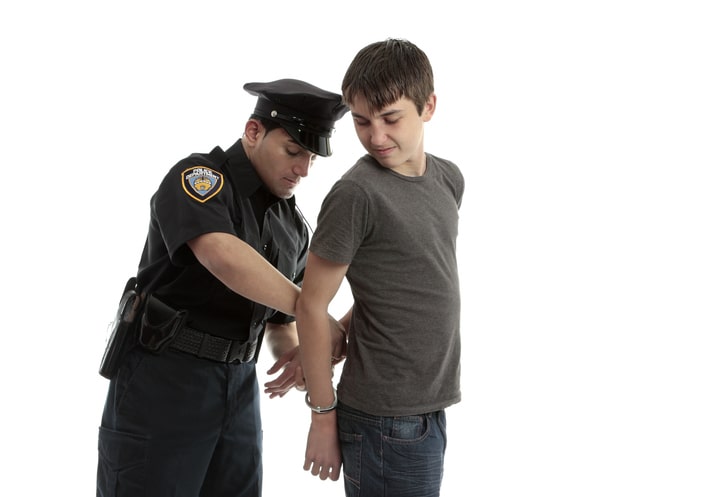Can a Juvenile in Florida Be Questioned by Police Without Their Parent Present?
For parents, there are few things more stressful than finding out that your child has run into trouble with the police. You have the right to protect your kid. This raises an important question: Can a minor in Florida be questioned by law enforcement without a parent? The answer is “it depends”—while there are situations in which police can question a juvenile without their parents, there are also circumstances in which that type of question may violate Miranda rights. Here, our Stuart juvenile criminal defense attorney explains the key points that parents should know about a police officer’s ability to question their child in Florida.
Background: No Law Prevents Questioning of Minors Without Parents
As a starting point, it is crucial that parents in Florida understand the following key principle: There is no federal or state law that outright prohibits police officers from questioning juveniles without their parents. In other words, law enforcement is not forbidden from doing so by law. It is a case-specific issue. There are some situations where such questioning may be appropriate, and there are also other situations when police officers may overstep their bounds by questioning a juvenile.
Police Can Questions Minors Who are Not in Custody
It is important to understand that the law makes a distinction between when a person—including a juvenile—is and is not in custody. Broadly speaking, law enforcement officers have the authority to question minors who are not officially in custody without a parent’s presence. It is a situation that most often arises in schools or public places—where an officer may approach a juvenile to ask questions related to an investigation. For example, imagine police were called to address a fight among teenagers. They may question all juveniles who witnessed the incident.
Police Can Often Question Minors Who are in Custody (More Complicated)
For minors who are in custody, the rules surrounding questioning become more stringent. However, police can still often question these minors without a parent or guardian present. Florida law mandates that law enforcement must make a reasonable effort to notify the parents of a minor who is in custody. From there, the juvenile in custody must be read his or her Miranda rights. They must also reasonably understand these rights. Otherwise, questioning may not be admissible evidence in any criminal case. Still, the absence of a parent or guardian does not automatically preclude the police from proceeding with the questioning of a juvenile.
A Minor has the Right to Remain Silent (Should Invoke it)
The Fifth Amendment to the United States Constitution protects people—including juveniles—against self-incrimination. Among other things, the right grants all people the ability to remain silent. Your child is not required to answer any of a police officer’s questions. They can and should ask for access to their parent(s). In turn, you, as their parent, can ensure that your child has access to a juvenile justice defense attorney.
A Parent Can Interrupt the Question of a Minor (if They are Present)
If a parent or guardian is present during the questioning of a minor, they have the right to interrupt or terminate the interrogation. This intervention can be crucial in protecting the minor’s rights and ensuring that they do not inadvertently incriminate themselves. Parents in Florida should calmly assert that they wish to consult with an attorney before any further questioning takes place.
A Juvenile Justice Lawyer Can Help You Determine the Best Path Forward
If your child is facing any criminal allegations—whether they are being investigated, detained, or have been charged—it is imperative that you take action to protect their rights and their interests. A Florida juvenile justice lawyer can review the situation and help you determine the best course of action. Here are the key points that parents in Florida should keep in mind:
- Police should always read a juvenile his or her Miranda rights if arrested;
- Police should proactively notify parents of a child’s arrest;
- Police may question your child even if you are not present;
- Your child is not required to answer any questions without you; and
- Statements your child makes may or may not be admissible.
Consult With Our Stuart, FL Juvenile Criminal Defense Lawyer Today
At The Law Office of Denise Miller, PA, our Florida juvenile criminal defense attorney has the legal experience that parents—and their teenagers—can rely on. Give us a call now or contact us online to arrange your completely confidential initial appointment. With a law office in Stuart, we provide juvenile justice representation throughout Martin County, including in Palm City, Hobe Sound, Jensen Beach, Port Salerno, Indiantown, North River Shores, and Sewall’s Point.





